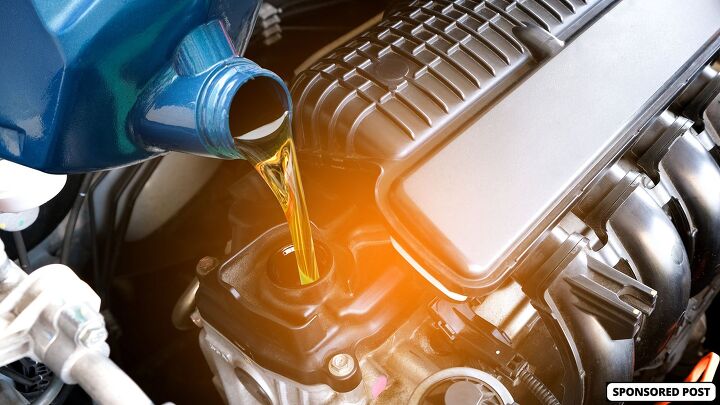How the Most Advanced Auto Lubricants Are Made
For serious car and truck fanatics, there are few substances held more sacred than motor oil.
From the moment you first fire the ignition in your car, your motor oil gets right to work performing a slate of essential functions, without which your engine would promptly lock up and cease to be. Topping the list, your motor oil lubricates myriad different metal-to-metal interfaces within the engine to prevent excess friction wear; it cleans the engine, carrying away fine metal particles and unburnt hydrocarbons so they can be safely sequestered in your oil filter; it helps fight corrosion, coating susceptible surfaces in a thin film to fight oxidation; and it helps cool the engine, sinking heat away from hard-working components to help keep temperatures in-check. Car aficionados know all this, and so they take their motor oil selections very seriously. Over so many tens of thousands of miles, the quality of the oil you’ve chosen to run could be the difference between a healthy, happy high-mileage engine and a tired old motor on its last legs.
In recent years, especially as part-synthetic and full-synthetic oils have grown ever more dominant in the market, automotive lubricants have become increasingly sophisticated and robust. Helping to lead the charge in this area of lubrication evolution is LIQUI MOLY.
Founded in Germany in 1957, LIQUI MOLY has always been at the cutting edge of lubrication technology. The company takes its name from its first patent, which described a production process for liquified molybdenum disulfide – an oil additive that helps keep engines protected even in the event of sudden oil loss. They’ve maintained a key position in pushing the boundaries of lubricant technology ever since, with recent innovations targeting such critical internal combustion problems as mitigating low-speed preignition (LSPI) and maximizing fuel economy by reducing friction more than ever before. And it all comes straight out of LIQUI MOLY’s state-of-the-art lab and production facilities in Saarlouis, Germany.
LIQUI MOLY supplies roughly 80,000 metric tons of lubricant each year, mostly for automotive use, shipping to more than 150 countries worldwide. Yet as far-reaching as the company’s products are, every last drop of lubricant that LIQUI MOLY produces comes from its German facilities, as it was more than 60 years ago at the company’s founding. Its tank farms together possess a total of 18 million liters of base oil storage capacity, and a raw material and formulation facility boasts 140 storage tanks, which together give LIQUI MOLY’s eleven mixing plants batching capacities ranging from 3.8 to 22 tons. Ensuring that all these things work together in concert efficiently is a massive undertaking, involving two large-container and five small-container filling lines working across three shifts to deliver up to 300 large containers and between 70,000 and 100,000 liters in small containers each day.
LIQUI MOLY is very serious about its quality standards, which are ensured in part by the company’s extensive in-house oil sample analyses. Performing 100% of these analyses in-house keeps the process fast and flexible, as well as economical. Incoming raw materials are gone over with a fine-tooth comb, and repeated quality checks are carried out throughout the entire production process. At the end of the line, before products are shipped out around the globe, LIQUI MOLY records all relevant production data and issues batch numbers for 100% traceability. What’s more, because environmental considerations are close to the organization’s heart, they’ve developed some sophisticated techniques for reducing waste – things like a complex “pigging” technique for high-efficiency pipe cleaning at every formula change that helps keep flushing oil usage to a minimum, and biological lubricant products based on renewable materials.
Modern motor oils are more complex and high-performing than ever before; according to LIQUI MOLY, today’s passenger car motor oils contain approximately 20% to 25% more additives than they did in the past, while commercial vehicle oils have about an extra 10% on top of that. It takes an unwavering commitment to precision and regimented testing to ensure that these highly complex modern oils are produced with consistent quality for guaranteed performance, and that’s what makes LIQUI MOLY one of the premier lubricant manufacturers in the world.
Lead image by Me dia/Shutterstock.com
More by AutoGuide.com Staff




































Comments
Join the conversation
In our 3 Honda vehicles I use only synthetic 0/20 or 5/20 oil.